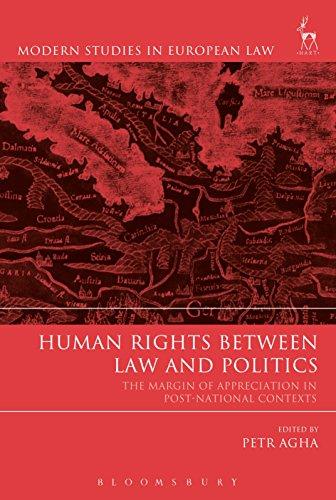Question
Explain how the doctrine of precedent would operate in the following situations: 1. The Court of Appeal is hearing an appeal. There are two previous
Explain how the doctrine of precedent would operate in the following situations:
1. The Court of Appeal is hearing an appeal. There are two previous Court of Appeal decisions on the
issue and they were both decided on the same day - but their decisions conflict. How should the
Court proceed?
2. An either-way offence is being heard summarily in a magistrates' court. There is a decision of the
Crown Court that involves similar facts. Are the magistrates' obliged to follow the decision of the
Crown Court?
3. The Supreme Court is hearing an appeal concerning a point of law involving devolution. There is a
previous decision of the Judicial Committee of the Privy Council. Is the Supreme Court bound by the
decision of the Judicial Committee of the Privy Council?
4. The High Court is hearing a case. There is a Court of Appeal decision on the issue, but it is arguable
that this decision is inconsistent with a decision of the European Court of Justice. Must the High
Court follow the decision of the Court of Appeal?
5. The Divisional Court of the Queen's Bench Division is hearing an appeal. There is a previous decision
of the Divisional Court on the issue. Does the current Divisional Court have to follow the decision of
the previous Divisional Court?
Discuss the following situations, focusing on whether or not the parties involved have the capacity to
contract and, if so, to what extent is any resulting contract binding:
1. Lukas is 13 years old. He enters into a contract with Leah (an adult) to purchase of a guitar. Leah
then decides that she does not wish to sell the guitar and alleges that no valid contract exists as
Lukas is too young to be able to enter into a legally binding contract. Is Leah correct? Would your
answer differ if Lukas changed his mind and did not wish to purchase the guitar, but Leah wished
to enforce the agreement?
2. Ross is mentally disabled. He enters his local BMW showroom and enters into an agreement to
purchase a new M3 coup for 50,000. Ross later regrets entering into the agreement and argues
that, due to his mental disability, the agreement is not binding. Is he correct?
3. Louise decides to leave school at the age of 16, once she hears that a friend is looking for an
apprentice for his carpentry firm. Louise enters into a contract that states that she shall be an
apprentice of the firm. A week before she is due to start work, she changes her mind and decides
to complete her A Levels. Does the carpenter have a cause of action against Louise?
4. Georgie enters into a contract to rent a small flat when she is 17 years and 10 months old. The
contract provides that her tenancy shall last a minimum of 12 months, after which time she can
cancel the agreement by giving one months notice. Eight months later, she cancels the agreement,
arguing that as she made the contract when she was a minor, it is not binding on her. Can Georgie
cancel the contract?
5. Ceri is walking home one Saturday night after spending an evening in the pub with her friends. She
has drunk two bottles of wine and is clearly drunk. She walks into a local 24-hour supermarket and
buys three mobile phones, four jackets and three bottles of Mot & Chandon champagne at a total
cost of 600. The next day she takes the purchases back to the supermarket and argues that, as
she was drunk, no contract exists and she should be entitled to her money back. Is she entitled to
recover the 600?
Step by Step Solution
There are 3 Steps involved in it
Step: 1

Get Instant Access to Expert-Tailored Solutions
See step-by-step solutions with expert insights and AI powered tools for academic success
Step: 2

Step: 3

Ace Your Homework with AI
Get the answers you need in no time with our AI-driven, step-by-step assistance
Get Started


